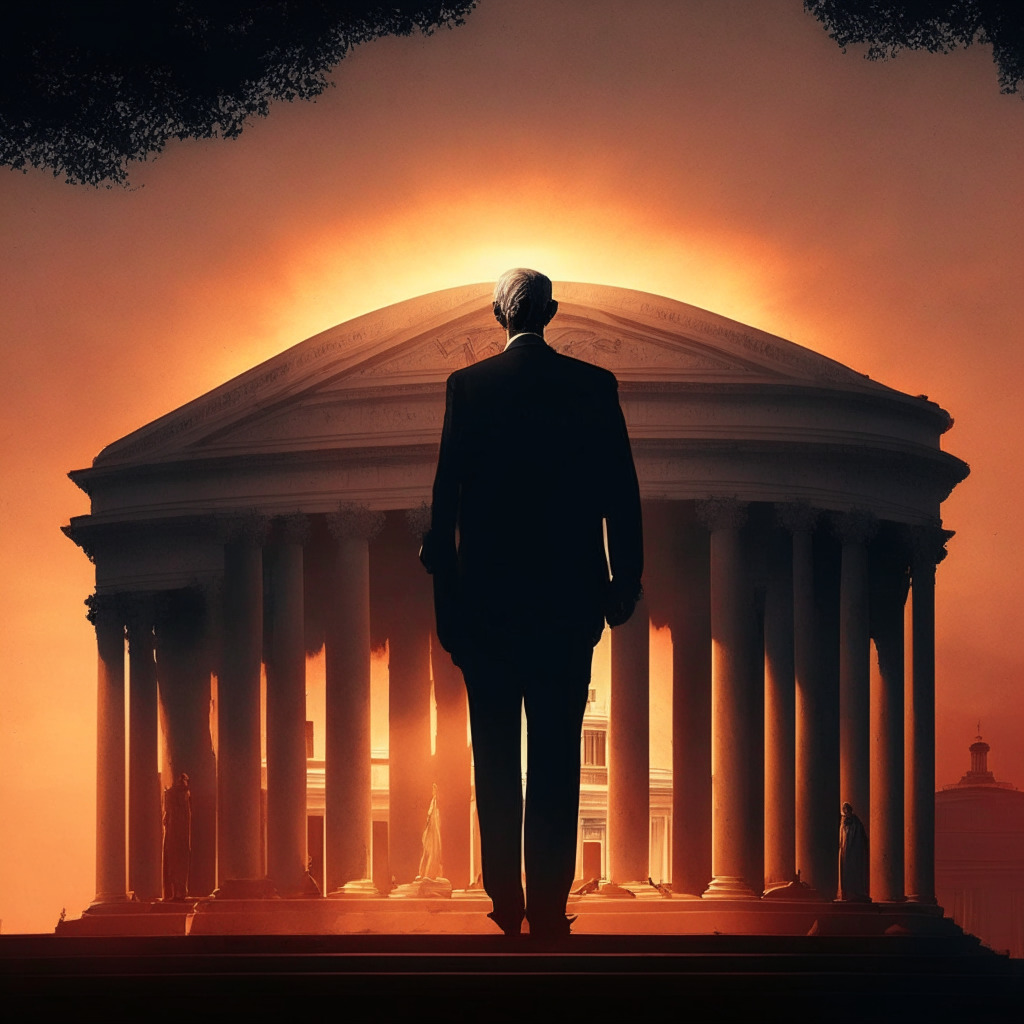Amid the recent collapse of the second, third, and fourth largest banks in American history, U.S. President Joe Biden reassured the public that the country’s banking system remains sturdy. However, the President also acknowledged the “threat by the speaker of the House to default on the national debt.”
Biden’s statements came after California’s financial regulators seized First Republic Bank, placing it under the control of the U.S. Federal Deposit Insurance Corporation (FDIC). The bank was then sold to JPMorgan Chase, the largest U.S. bank, which pledged to cover all deposits, including the uninsured. Biden expressed approval of the government’s handling of the crisis, emphasizing that taxpayers were not responsible for the losses.
Despite Biden’s confidence, the collapse of First Republic Bank has raised concerns about the stability of the U.S. banking sector. Ruslan Lienkha, chief of markets at Youhodler, an international fintech platform based in Switzerland, expounded on the impact of First Republic’s failure. Lienkha voiced apprehension that the Fed’s rate hikes in the past year have been particularly “painful for small and mid-sized banks in the United States.” Lienkha further suggested that the collapse of First Republic Bank might not be the last and could potentially trigger a broader financial crisis in the country, affecting various industries and the world economy.
The President’s comments echo those made after the fall of Silicon Valley Bank and Signature Bank. U.S. Treasury Secretary Janet Yellen also gave similar reassurances, emphasizing the safety and soundness of the banking industry. However, some have criticized Yellen’s handling of the crisis, with New York Post contributor Charles Gasparino labeling her “clueless” for her failure to prevent the collapse of First Republic Bank.
In the midst of the banking crisis and the potential default on the country’s debt, Republican lawmakers have stood firm on the country’s debt limit. They demand repeals of the Inflation Reduction Act before agreeing to any increase. The potential default on the national debt by the end of the summer has heightened fears of financial instability and a prolonged recession in the United States.
As the debate around the country’s economic stability continues, the government’s actions in preventing another banking crisis and potential default on the national debt remain to be seen. The recent collapses have generated skepticism about the actual stability of the U.S. banking system and raise questions about its future. With President Biden and Treasury Secretary Yellen expressing confidence and Republican lawmakers standing firm on debt limits, the main conflict lies in finding a balance that ensures economic stability while addressing the existing fears of financial instability.
Source: Bitcoin News




